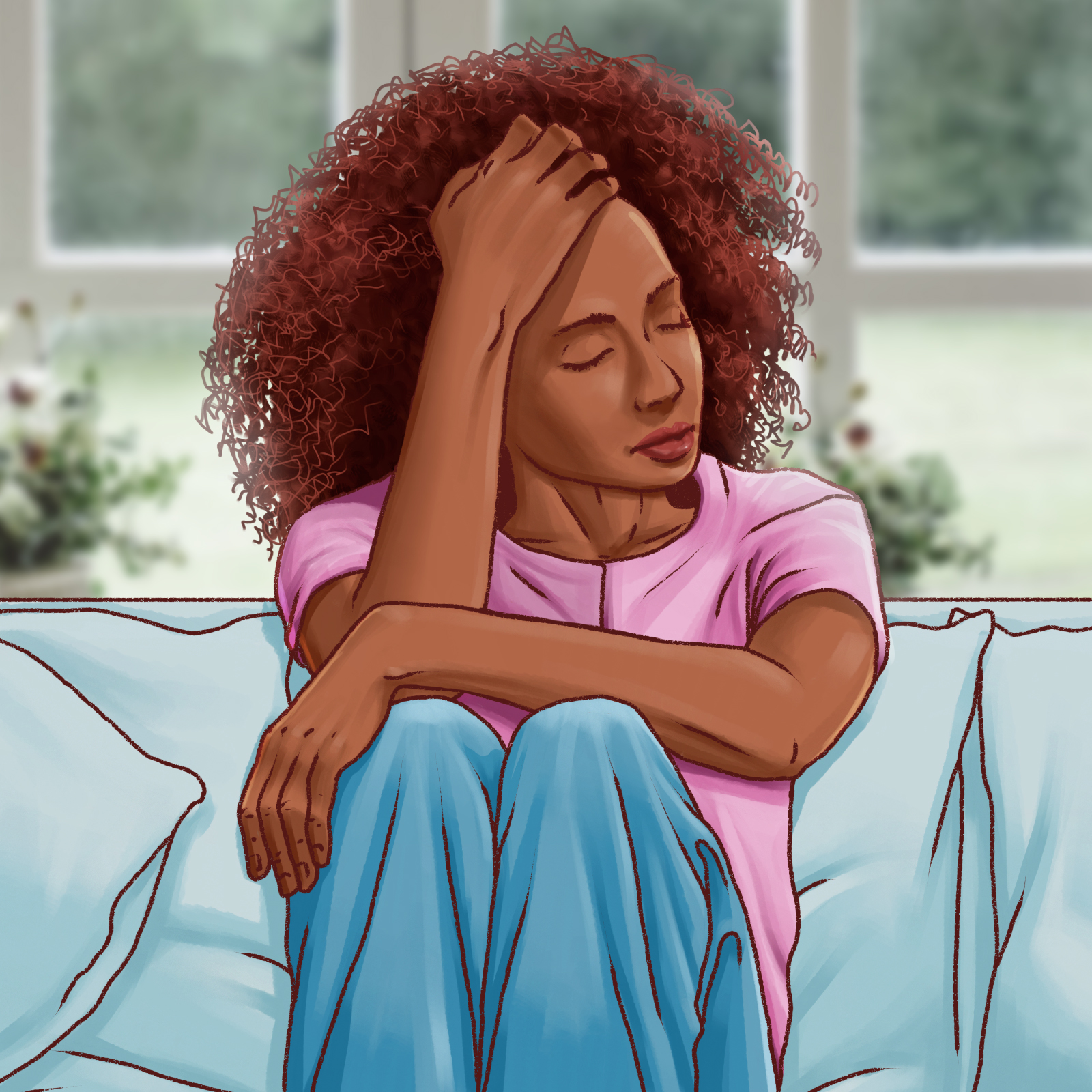When talking about heart diseases, we usually think of poor lifestyle choices as causes like smoking, lack of exercise, and unhealthy diet. However, some of these problems have been present at birth such as congenital heart defects (CHDs) and they need immediate attention.
Congenital Heart Defects (CHDs) are structural abnormalities that develop during prenatal development. These can affect different components of the heart such as the walls, valves, and blood vessels. CHDs can range from mild to severe in nature. It can also result in various health issues and have a significant impact on an individual’s quality of life.
CHDs have different types, including atrial septal defect, transposition of great arteries and single ventricle defects among others. Atrial septal defect involves having a hole in the wall between the upper chambers of the heart. These openings are normally present while the baby is still developing inside the womb or right after birth. In the case of ASD, the openings didn’t close or remain quite large which can eventually cause problems in the lungs and heart.
Transposition of the Great Arteries, on the other hand, is marked by swapped positions of the two main blood vessels leaving the heart causing oxygen-poor blood to be pumped into the body and oxygen-rich blood to be returned to the heart. Single Ventricle Defects are then characterized by having only one functioning ventricle. The oxygen-poor blood and the oxygen-rich blood combine as a result.
It’s not clear what exactly causes CHDs, however, there are certain factors that are thought to increase the possibility of a baby suffering from it. These include exposure to specific medications or substances, genetic predisposition, and maternal medical conditions during pregnancy. According to the Centers for Disease Control and Prevention, about 40,000 babies are born with a CHD each year in the United States, making it one of the most common types of birth defects.
Prompt treatment of CHDs is very important since they can cause serious problems such as stroke and heart failure and can even be fatal. However, it is not that easy to identify the early signs and symptoms and some patients learn of their CHDs only later in life. Spreading awareness about CHDs and the importance of routine check-ups, therefore, can play a crucial role in detecting these defects earlier.
Get your heart checked regularly and spread awareness about congenital heart defects. And if you or someone you know has a CHD, join our Congenital Heart Defects Support Community so that you can have a safe and supportive online community.



